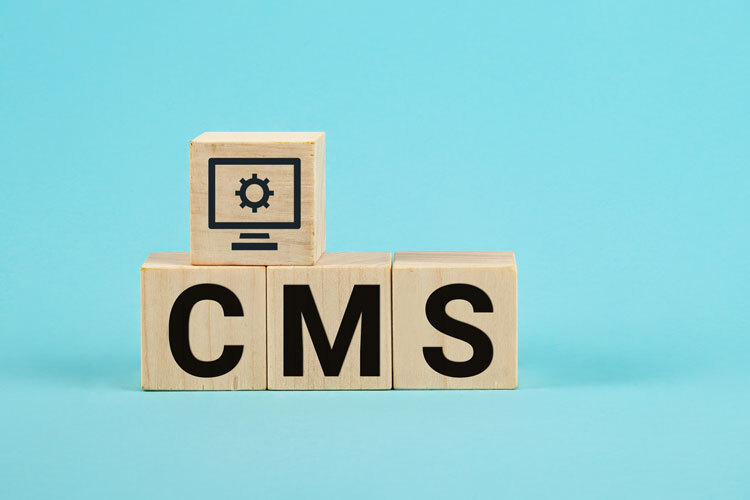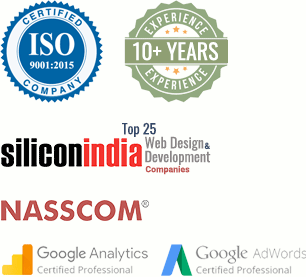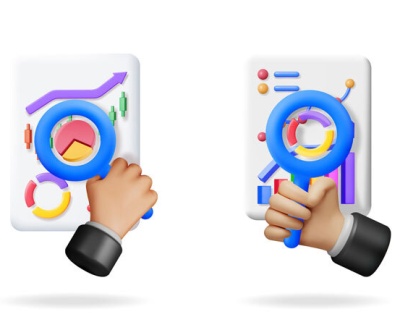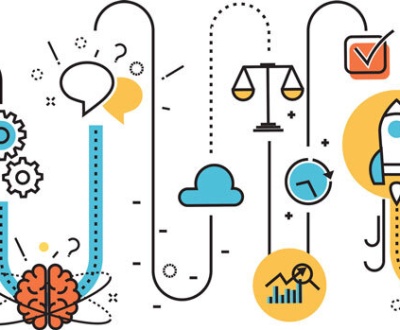What Is WordPress CMS and Is It the Right Choice for Your Business
- January 27, 2023
- Web Development

Your website’s technical details include the decision between a content management system (CMS) and a framework. It’s essential to consider the goals you have for your project in the long run, as well as the needs and preferences of your users. You can narrow your options based on factors like adaptability, scalability, longevity, maintainability, and security. If you want good results, do things right from the start. WordPress CMS is one of the widely used CMS platform.
CMS is an acronym for “Content Management System.” It’s a database-driven content management system. It varies greatly depending on the technology used. They share a similar structure and incorporate similar features.
Advantage:
- It is important to remember that a WordPress website is, first and foremost, a part of a community. It has been supported by a robust global community of developers.
- It helps to quickly fix bugs and enhance, improve, or create modules (bundles).
- It has many themes, templates and modules.
- Its quick setup lets developers focus on high-value modules.
- It works well for a wide variety of websites.
- The user interface is simple.
- You can expand it as needed by adding new modules, and it’s simple to update and keep running smoothly.
Disadvantages:
- WordPress is open source.
- Leaving a proprietary CMS requires a complete redesign of your website.
- CMS is limited in its ability to fulfill individual needs.
By defining a secure framework, the Framework provides the designer and developer with a collection of libraries to create a unique application. Using these libraries, you won’t have to worry about any of the issues that may arise while making an app from scratch. In particular, they are employed in the areas of security, file access, exchange management over HTTP, the development of forms, and the production of HTML pages. These are just a few examples of popular PHP frameworks: Symphony, Cake PHP, etc.
Advantages:
- There is an increased level of safety for websites built with PHP frameworks. They make it harder to predict their safety by using custom code. Most frameworks also include basic encryption and vulnerability protection features.
- Excellent adaptability for a wide variety of uses.
- Symfony’s adaptability and scalability are two of its many notable benefits. It uses well-established design patterns (methods of arranging code) that have already proven their worth.
Disadvantages:
- Due to the necessity of programming, getting started in a framework requires more advanced technical knowledge.
- Without a predefined UI, working with Framework can be a bit of a challenge. You need to be technically savvy with frameworks like Bootstrap and style sheets like SASS in order to create the user interface.
Conclusion
Making a choice between the two can be difficult, but factors such as website functionality and content hugely help determine the suitable option. Small and medium websites with less complex content management needs can benefit from a Content Management System (CMS). In contrast, sites that require users to input complex forms, interface with the company’s information system, or perform other complex business tasks should use a Framework.
Contact us
Contact us to discuss your website development services requirement. Get in touch with us by sending a message through our contact form and we will reply back ASAP. We can discuss how we can strategically offer website development services for your organization.
GET A QUOTE











